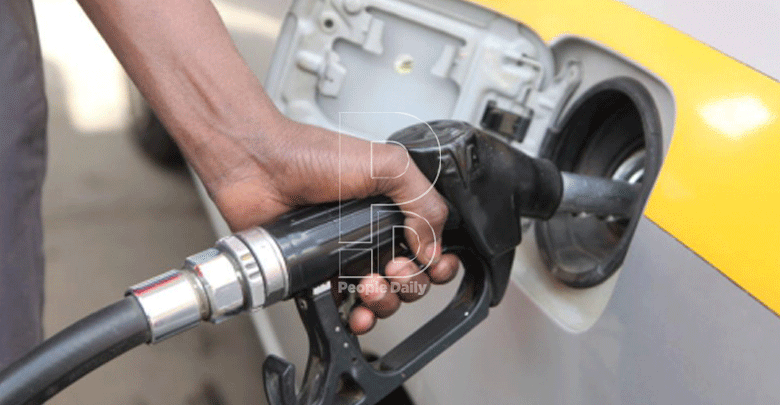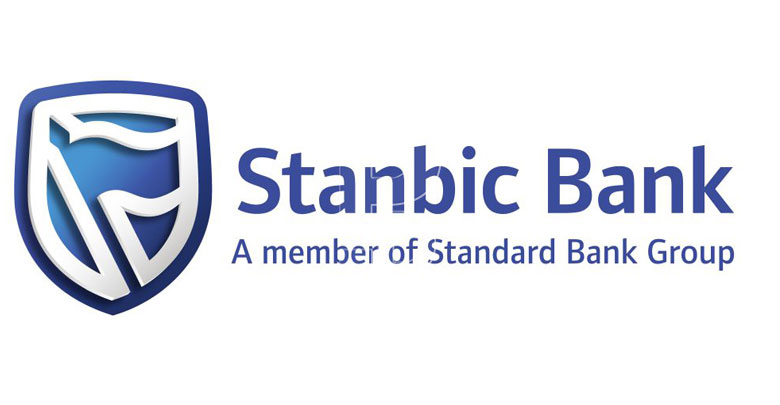Increased input costs to hurt Kenyan consumers

Kenyans should brace for a surge in the prices of goods and services if a sharp increase in production costs persists.
The monthly Stanbic Bank Purchasing Managers Index (PMI) released yesterday, the overall rate of input cost inflation quickened for the second month running, on higher purchase prices, though staff fees also continued to rise.
“Overall input costs rose in the Kenyan economy at the start of the fourth quarter” said the report which estimated that 10 per cent of businesses recorded a surge in costs.
Surge in purchase prices
While most companies reported a marked increase in purchase prices last month, recent increases in Value Added Tax (VAT) and energy prices continued to drive the cost of raw materials higher with supply shortages leading to a rise in commodity prices.
PMI measures the direction of economic trends based on a monthly survey of supply chain managers covering both upstream and downstream activity.
October’s PMI indicates that overall index improved slightly to 51.4 from the 50.4 recorded in September, signaling a modest improvement in business conditions. At 50, the reading signals improvement in business conditions while readings below 50 show a deterioration.
Easing virus shocks
Higher demand and output comes on the back of easing of the Covid-19 pandemic related restrictions of protocols in Europe, even as manufacturers raised their charges to protect their profit margins amidst growth in their input costs.
“The one-year outlook remains relatively low with most firms expecting output to remain the same due to the lingering effects of the Covid-19 pandemic,” said Kamau Kuria, Stanbic Bank’s Fixed Income and Currency Strategist.
Stanbic Bank analysts pointed to a solid and faster increase in purchasing activity for Kenyan firms, linked to efforts to expand stock levels as delivery times continued to improve, albeit to a lesser extent than in September as a result of vendor shortages.
This report however comes on the back of oil prices having hit their highest levels since 2014 in recent weeks, causing fuel crises in places such as Europe, UK and China where Kenya imports a huge portion of it’s commodities.
With a global shortage of containers, this could slow down production and delivery of goods as supplies take longer to be processed, due to logistical challenges.














